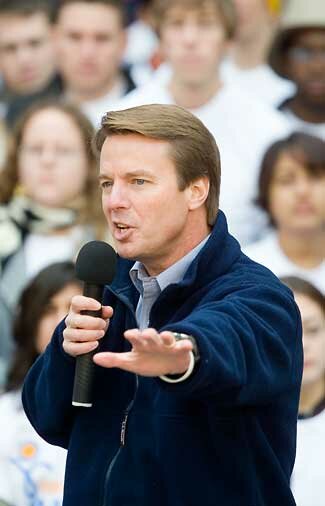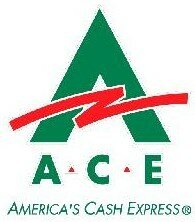APPLETON, Wis. — This city of 70,000 has five McDonald’s franchises, three Pizza Huts, four Starbucks shops — and 19 payday loan stores, brightly lighted storefronts with names like EZ Money and Check Into Cash that offer two-week loans without credit checks.
Peggy Truckey, 53, knows the allure. Last year she owed nearly $1,300 to four of those stores, and was paying about $600 a month in finance fees alone.
“I thought I was going to have to take a second job just to pay off the interest,” Ms. Truckey said.
 Then she heard about a new nonprofit program operated out of a Goodwill thrift store, one of several hundred lower-cost payday loan products that are now being tried by credit unions around the country. She got a personal cash loan, at half the finance charge, but also something more: help converting all her two-week payday debts, which charged the equivalent of more than 500 percent annual interest, to a one-year loan at 18.9 percent, bringing her monthly payments down to a manageable $129.
Then she heard about a new nonprofit program operated out of a Goodwill thrift store, one of several hundred lower-cost payday loan products that are now being tried by credit unions around the country. She got a personal cash loan, at half the finance charge, but also something more: help converting all her two-week payday debts, which charged the equivalent of more than 500 percent annual interest, to a one-year loan at 18.9 percent, bringing her monthly payments down to a manageable $129.
A few dollars from each payment go into a savings account, the first she has had in years.
“I have almost $100 in savings,” said Ms. Truckey, who earns $9.50 an hour as a supermarket meat clerk. “I’m in a comfortable position for the first time in many years.”
The program, GoodMoney, a collaboration between Goodwill and Prospera Credit Union, is a response to an industry that has been criticized by lawmakers and consumer advocates as predatory but that has reached as many as one in 20 Americans.
“Our goal is to change behavior, to interrupt the cycle of debt,” said Ken Eiden, president of Prospera, who is also a director at Goodwill.
For Ms. Truckey, as for most borrowers, the bad credit payday loans began as a stopgap. After losing her job in 2002 she borrowed $500 from a payday store, which charged $22 per two weeks for every $100 borrowed, or the equivalent of 572 percent annual interest. When the loan came due in two weeks, she could repay only the $110 finance charge, so she rolled the loan over, adding another finance charge.
Soon she took a second loan, from another store, and eventually two more, which she rolled over every two weeks, multiplying the cost of the loans. Even after she found a full-time job, she said, “I wasn’t able to pay my electric bill on time or my other bills on time, because half my paycheck was going to finance charges.”
At GoodMoney, tellers encourage borrowers to consolidate their debt in lower-interest term loans, and to use other credit union services like automatic savings. If borrowers cannot repay a loan after rolling it over twice, they can get the faxless cash advance interest-free by attending a free credit counseling session with a nonprofit service.
However, alternative payday loans have also drawn criticism from some consumer advocates, who say the programs are too similar to for-profit payday loans, especially when they call for the principal to be repaid in two weeks. At GoodMoney, for example, borrowers pay $9.90 for every $100 they borrow, which translates to an annual rate of 252 percent.
(Read on …)
 The men, who once worked for Check’n Go, based in Mason, spoke at a news conference Wednesday in Washington, D.C., where they supported efforts to get the Council of the District of Columbia to regulate payday lenders.
The men, who once worked for Check’n Go, based in Mason, spoke at a news conference Wednesday in Washington, D.C., where they supported efforts to get the Council of the District of Columbia to regulate payday lenders. Then she heard about a new nonprofit program operated out of a Goodwill thrift store, one of several hundred lower-cost payday loan products that are now being tried by credit unions around the country. She got a
Then she heard about a new nonprofit program operated out of a Goodwill thrift store, one of several hundred lower-cost payday loan products that are now being tried by credit unions around the country. She got a 
 Out of 244 participants, 89 responded “yes” to the survey question. While many agree that
Out of 244 participants, 89 responded “yes” to the survey question. While many agree that  Walking through a struggling neighborhood in Cleveland, the nation’s poorest big city, Edwards said that without national regulations predatory lenders who offer higher-priced
Walking through a struggling neighborhood in Cleveland, the nation’s poorest big city, Edwards said that without national regulations predatory lenders who offer higher-priced  The June 2007 report on utilities and
The June 2007 report on utilities and 